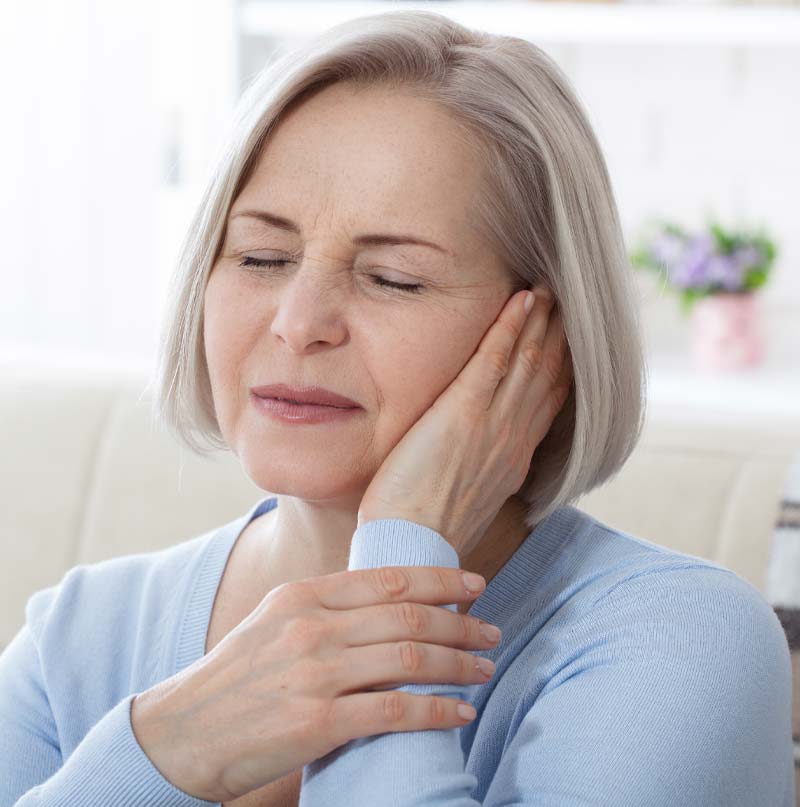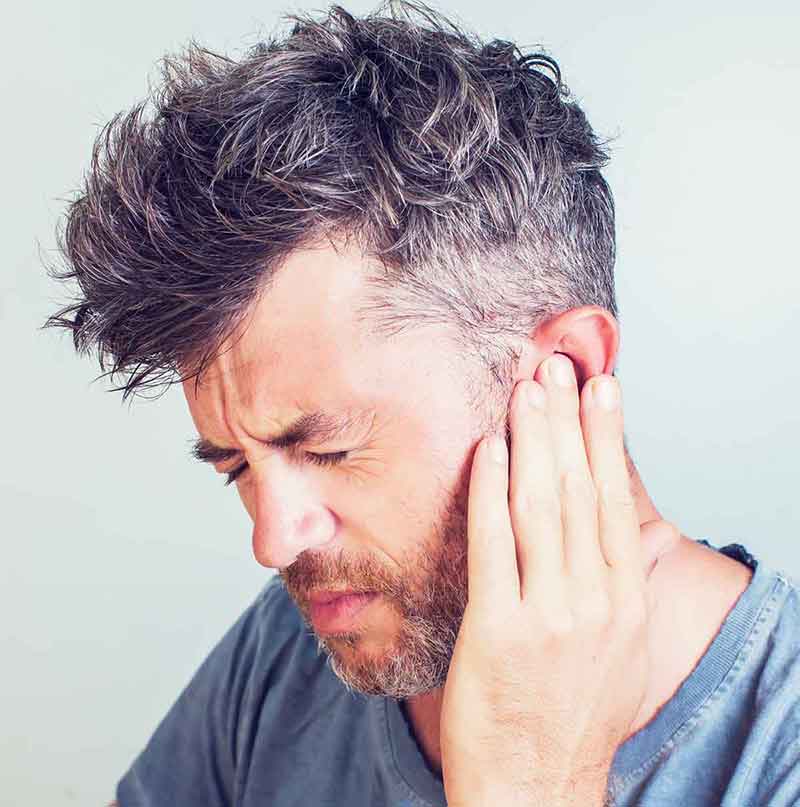Tinnitus Treatment
They Said I Have Tinnitus But My Ears Aren’t Ringing
Tinnitus is often described as a ringing in your ears. But tinnitus is the perception of a noise, usually when no one else can hear it. For many, it manifests as a ringing sound. But for others it sounds more like a pulsing sound, or perhaps a whooshing, clicking or crackling sound. If you have any of these and they persist for more than a few days, you may have tinnitus.
Is Ringing in My Ears Serious?
Vitamins Won’t Cure Tinnitus
How Can I Manage My Tinnitus to Get Rid of the Ringing in My Ears?
Most ways to manage tinnitus help you drown out or mask the noise. The following ways to manage tinnitus have been shown to be effective:
- Hearing aids
- Maskers
- Cognitive behavioral therapy
- Tinnitus retraining therapy

